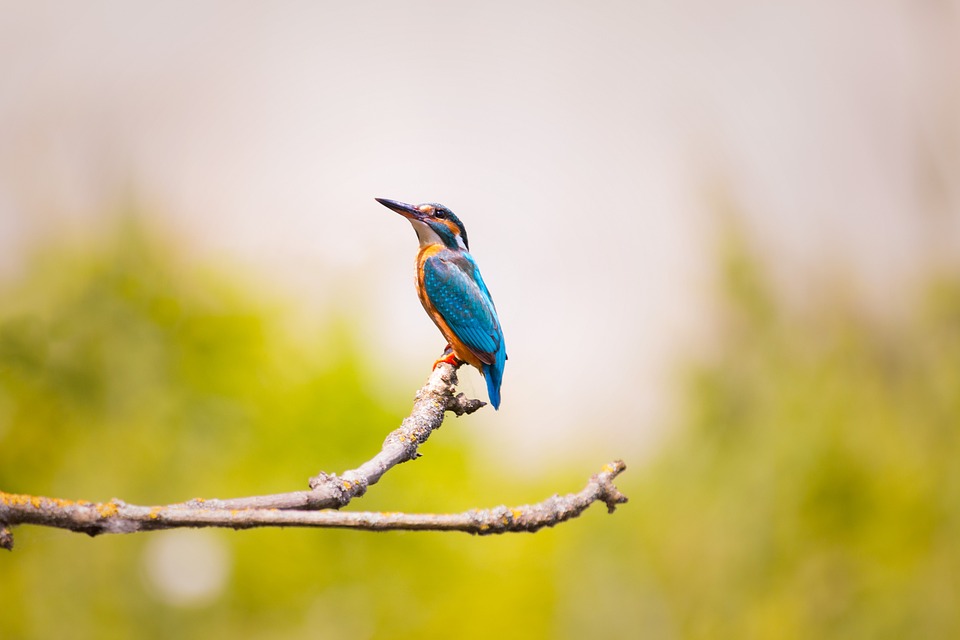Wild boars, like many other animals, have a unique sleep pattern that is influenced by various environmental conditions. A recent study has found that the sleep variability of wild boars is closely linked to factors such as temperature, humidity, and moon phase. Understanding how these factors affect the sleep patterns of wild boars can provide valuable insights into their behavior and overall well-being.
One of the key findings of the study is that wild boars exhibit different sleep patterns based on the season. During the winter months, when temperatures are lower and food sources are scarce, wild boars tend to have longer and more consolidated periods of sleep. This is likely due to the need to conserve energy and stay warm during the colder months. In contrast, during the summer months, when temperatures are higher and food sources are more abundant, wild boars have shorter and more fragmented sleep patterns.
Temperature is a major factor that influences the sleep variability of wild boars. The study found that wild boars tend to sleep more when temperatures are lower, as this helps them conserve energy and maintain their body temperature. In contrast, when temperatures are higher, wild boars may have more interrupted sleep patterns as they try to stay cool and find relief from the heat. This demonstrates how wild boars are able to adapt their sleep patterns to the changing environmental conditions.
Humidity is another important factor that affects the sleep variability of wild boars. High humidity levels can make it difficult for wild boars to regulate their body temperature, leading to disrupted sleep patterns. In areas with high humidity, wild boars may have shorter and more fragmented sleep periods as they struggle to stay comfortable and cool. By contrast, in areas with lower humidity levels, wild boars may have longer and more consolidated sleep periods.
The moon phase also plays a role in the sleep variability of wild boars. The study found that wild boars tend to be more active and have shorter sleep periods during the full moon phase. This could be due to increased visibility and hunting opportunities during the night. In contrast, during the new moon phase, when visibility is lower, wild boars may have longer and more consolidated sleep periods to avoid predators and stay safe.
Overall, the study highlights the complex relationship between environmental conditions and the sleep patterns of wild boars. By understanding how factors such as temperature, humidity, and moon phase influence their sleep variability, researchers can gain valuable insights into the behavior and ecology of these fascinating animals. This knowledge can also help inform conservation efforts and management strategies to ensure the well-being of wild boar populations in the wild.





